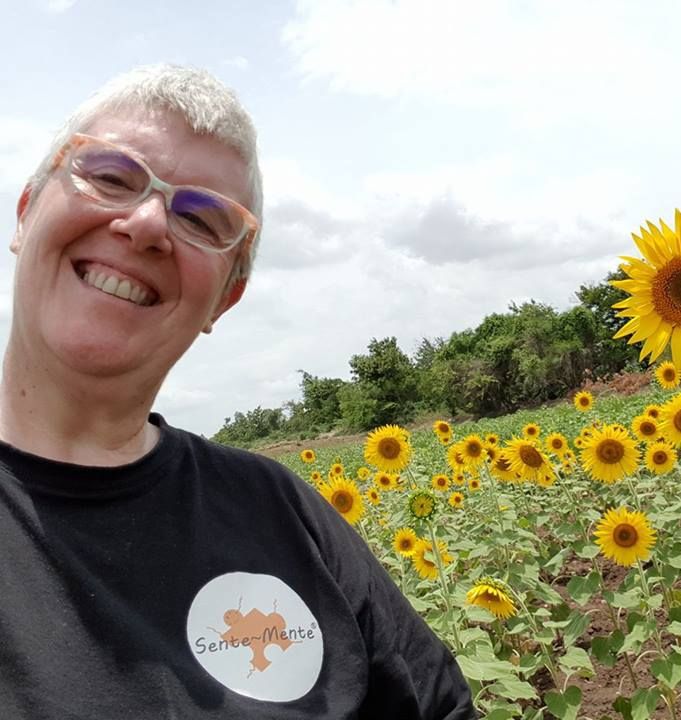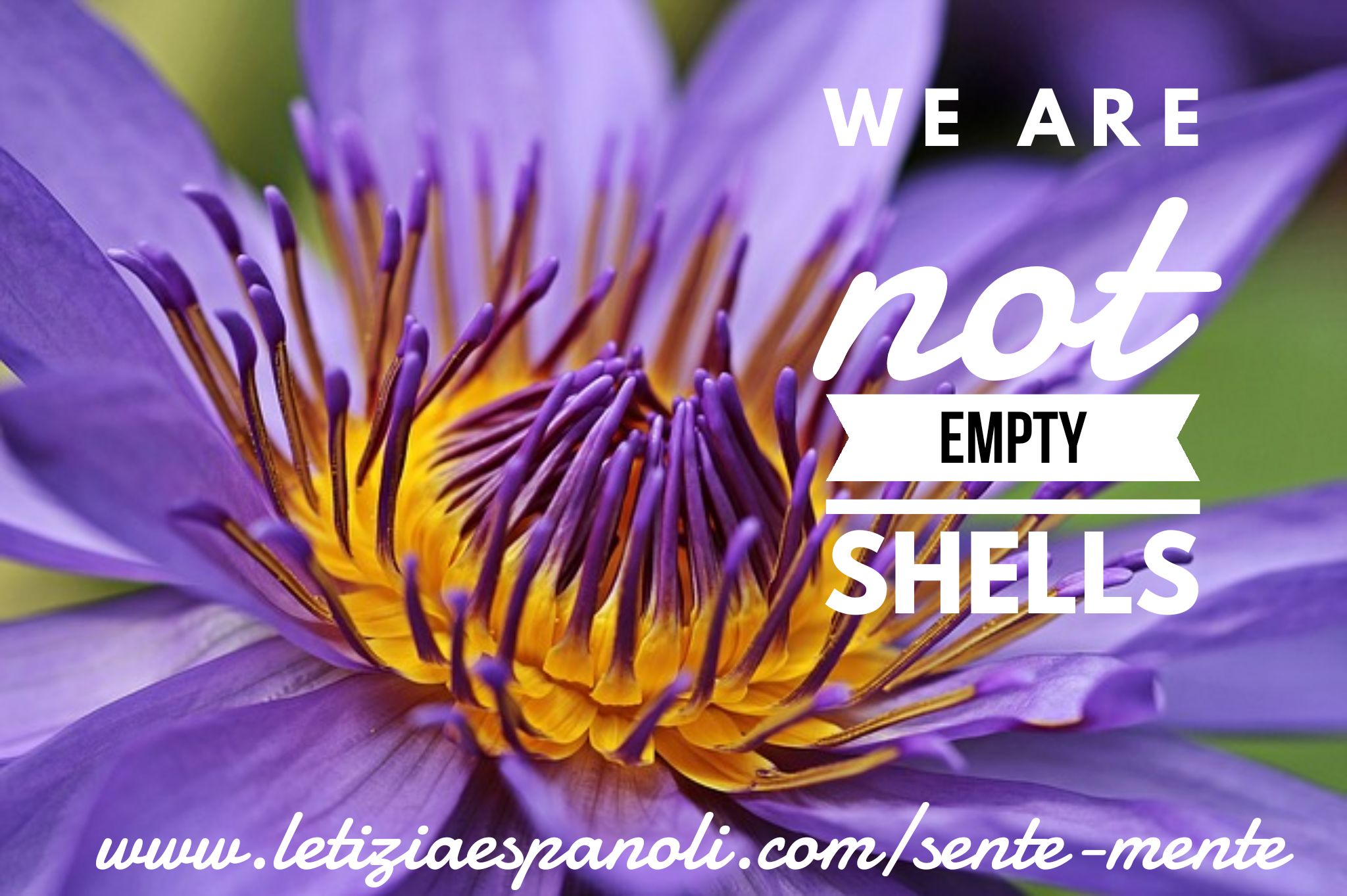The care relationship is not just care, health care or therapy. In the care relationship there is an encounter of thoughts, actions, choices, words and emotions. The existing social-health model often speaks of respect and listening, where the person must be at the center of the relationship, but sometimes it easily falls into little personalizing methods and habits.
Respect includes the ability to go beyond the idea of a sick body and therefore to see the person with his dignity, not the sum of the symptoms of a disease. Even before the actions there are the thoughts and words that are used within the care relationship.
“Those like us with Alzheimer’s and other related dementias are very sensitive to what is being said. Words count and you should choose them wisely, “writes David Kramer, a US physician who lives with dementia.
Are we really aware of the potential of words? The language we use is an important tool in the care relationship and can create the path to limits or possibilities, to us choice and responsibility.
To really humanize services, it is necessary to take care of a new language, less rich in technicalities and more dense with meaning and emotion.
Letizia Espanoli, trainer and consultant in the social and health field throughout the Italian territory and creator of the Sente-Mente® Project states “I have worked several times with operators of the various structures in which I hold consultancy or scientific supervision on this front and results become extraordinary. The change of language leads to new awareness, to different and more effective focuses, to more profitable experiments for people living with dementia. “
The words we choose can create a bridge with the other person or build limiting barriers.
The social and health world needs to renew its language, which is too often focused on the disease and its symptoms, leaving the person with his identity and dignity in the background.
A responsible choice
As family members and care professionals we have the responsibility and honor to create a special space dedicated to life beyond the diagnosis, to the possibilities that go beyond the limits, to the person and not to the sum of its symptoms, to self-efficacy and not impotence. No pretense of perfection, but life is a daily gym to hear and share a language full of dignity.
Certainly words alone are not enough, but language is an important gear, which affects not only our days, but also the quality of relationships.
This does not mean that through language we can eliminate the hardships and difficulties caused by the disease, but also words can be an instrument that acts on the quality of life.
Through the words we can choose where to put our attention, in fact we can see the difference between the statement “I am a sufferer of dementia” and the saying “I am Peter and I live with dementia”. They may seem simple and banal nuances, but the first sentence makes the disease prevail over the person, while the second creates space for the identity of the person despite the diagnosis. Each word is like a small seed that can root convictions and labels, but also make new actions sprout with different emotional resonances. To go beyond that now habitual and circumstance language, we must train ourselves to a conscious language that we generate from our “feeling” even before speaking. What we say can make the difference for us and for others. Let’s start from now: let’s try to listen and hear our language, we welcome these words and turn them into headlights that illuminate the possibilities.
How to say conditions the doing
Real change occurs when one chooses to draw the road, not with words that limit or underline what the disease takes away, but with words that open to new possibilities.
Easy? No, but possible. To live the effort to underline the illness or to work hard to sow new words full of beauty that honor this life?
Dear reader, I would like to propose a small and simple experience to perfect the language and choose words with more awareness.
What are the words you habitually use to describe yourself?
Which words do you choose to tell who you are?
And if you are a family member of a person living with an illness or a person who lives his professionalism in the social-health field, what words do you use during the care relationship?
Write some of these words on a sheet and next create a language that recognizes identity and honors life. Without realizing it, I happened to say “Grandma I’ll take you to bed”, but my grandmother is not an object, she’s a person, so “Grandma if you like, I’ll take you to the bedroom and go to bed …”.
Every day you can explore new ways starting from where you are and what you have.
The best you have … it’s you!


